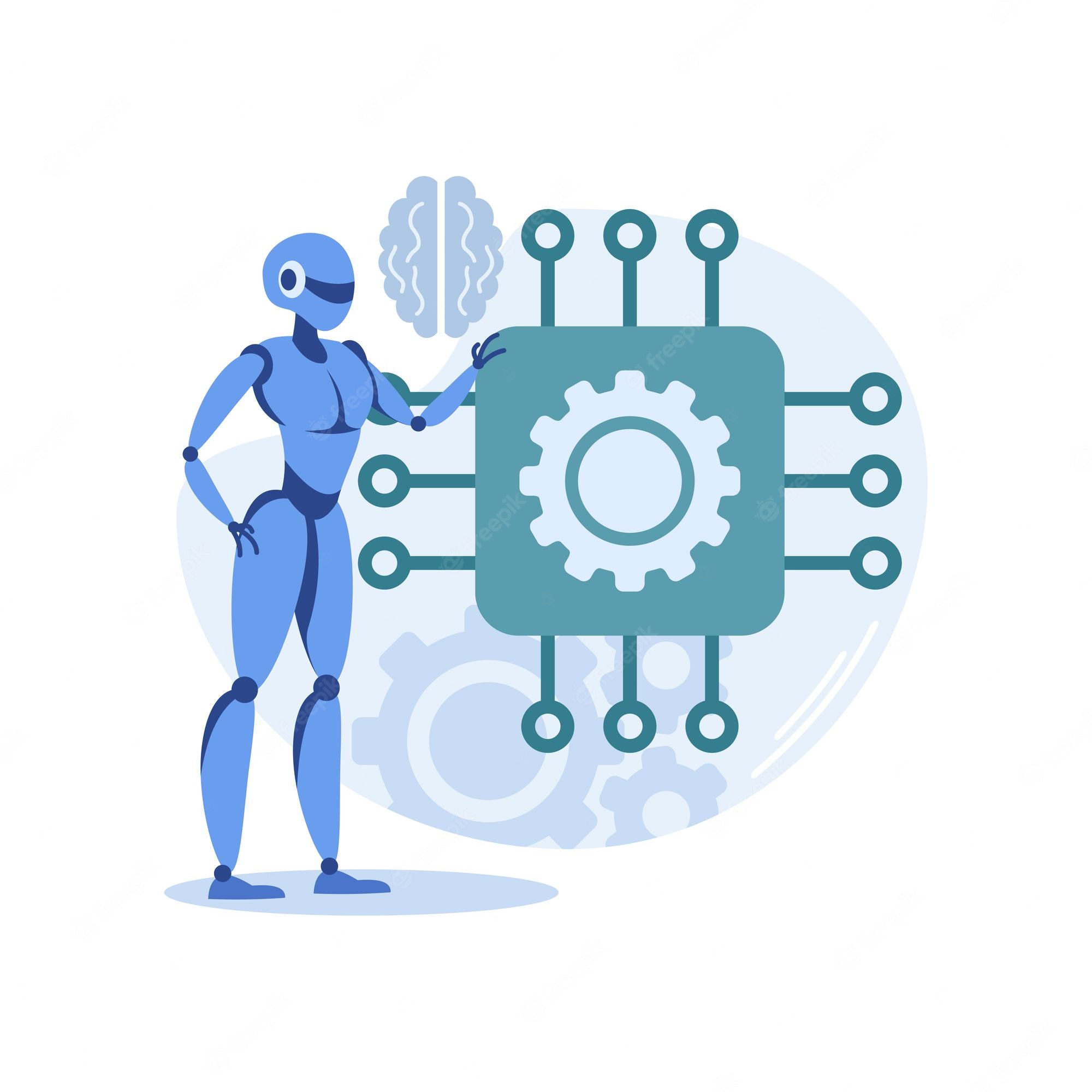
What Happens To Your Brain During Sex
Sex may cause a roller coaster of emotions, and it’s easy to lose track of what’s going on in both your body and your mind. You’ll always feel something, whether casual, devoted, or somewhere in between, even if it’s only because I want to have more sex. What’s fascinating is that those sensations are frequently linked to biology and brain chemistry.
Understanding what occurs to your body and mind before, during, and after sex has the potential to make sex even more enjoyable. It’s also logical. You’ll be able to better grasp how you feel, what you enjoy, and how to ask for it if you become in touch with your body.

It will improve communication between you and your spouse and, in the long run, better satisfy your emotional and physical requirements.
Let’s see what happens between foreplay and climax. That is if women can have a vaginal orgasm during intercourse—a 2016 research indicated that 65 percent of heterosexual women could orgasm during sex, compared to 95 percent of heterosexual males, out of 52,500 individuals in the United States.
Let’s Take a Look
The processes of sexual desire in women are a little more complicated. You have such a biological drive to have sex, which is triggered by hormonal changes in your body. A lot of this is influenced by testosterone in men.
Before Sex
Before sex, MRI studies reveal heightened activity in various areas of the brain, with the limbic system (your emotional center) being the first to be stimulated. This part of the brain controls memory, fear, anger, and other emotions. It’s similar to eating your favourite dish, gambling, receiving a compliment, or listening to your favourite song since sex also triggers big amounts of dopamine (the pleasure chemical). It becomes a pleasurable sensory experience. The more reward (in this example, sex), the more dopamine is released, and the more you seek it out. You desire more if it makes you feel good.
The vaginal walls begin to lubricate (thus the importance of foreplay), and the clitoris and surrounding tissue expand in women before intercourse. Your heart begins to beat quicker, causing blood pressure and respiration to rise. It may happen in a matter of seconds for some, while it may take longer for others. Consider making these adjustments to completely enjoy sex.
During the Sex –
During sex, a rise in nitric oxide in your body causes an increase in blood flow, which is why you may see portions of your body flush. Your nipples will also grow more sensitive and erect due to this.
Your pulse, blood pressure, and respiration will continue to rise depending on how intense the sex is.
Due to changes in your cerebellum, dopamine and epinephrine (the adrenaline hormone) keep rising during sex. As you come closer to climax, the muscle throughout your body may start to stiffen up.

Following Sex –
Your hypothalamus goes into overdrive as you approach climax, preparing your body for that pleasurable orgasm. As your vaginal walls begin to constrict, oxytocin is released, and dopamine levels rise. Cortisol, the main stress hormone, is wiped off by oxytocin.
You could even have a reflex in your feet and hands (which explains why you clasp your hands to the bed or your partner’s body). These sensations may feel like a complete lack of control, yet your body is in complete control.
When you climax, serotonin and DHEA are released. Increasing your orgasm quota will improve your mood.
In women, the clitoral region sheds extra blood and recovers more relaxed. Even while your dopamine and oxytocin levels may decline quite rapidly, the release will leave you feeling great.
That’s all there is to it. Who knew sex could be so beneficial to the brain?

Loneliness Is Bad For The Heart
You May Also Like

Cybernetics: The Science Behind The Fiction
2022-09-16
Top 5 Helpful Things Everyone Need To Know About Chemsex
2022-02-22

